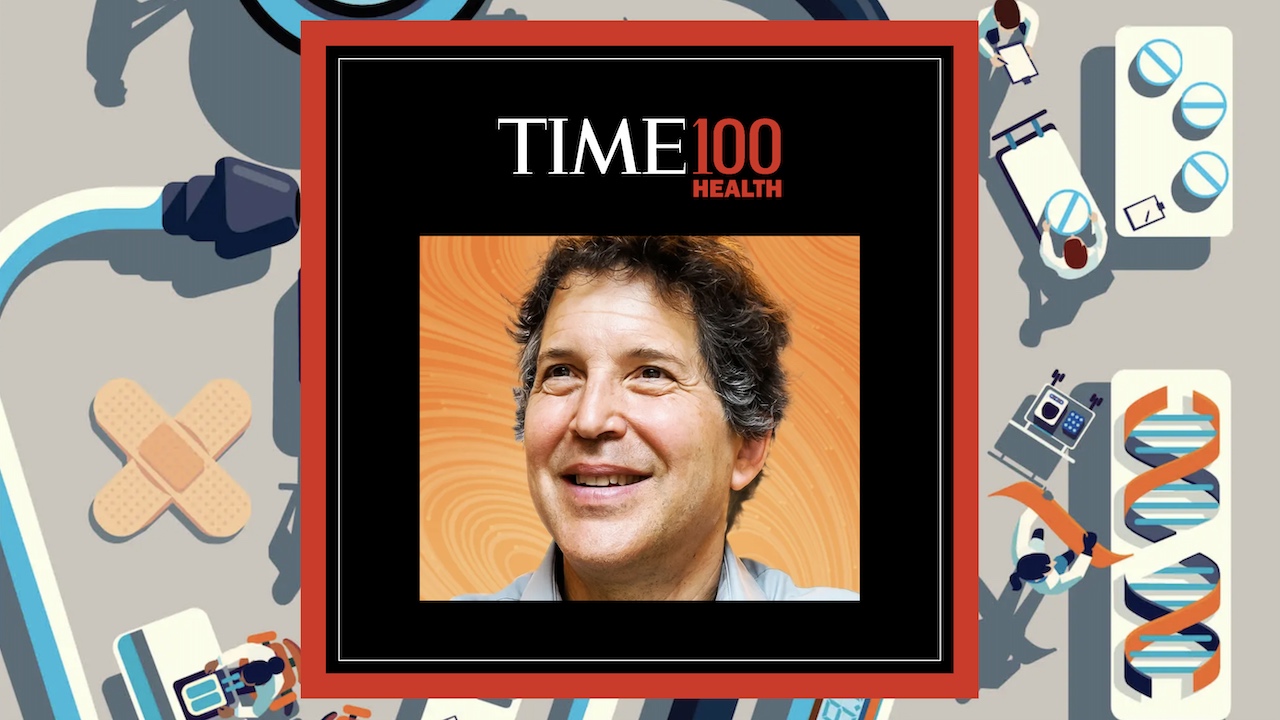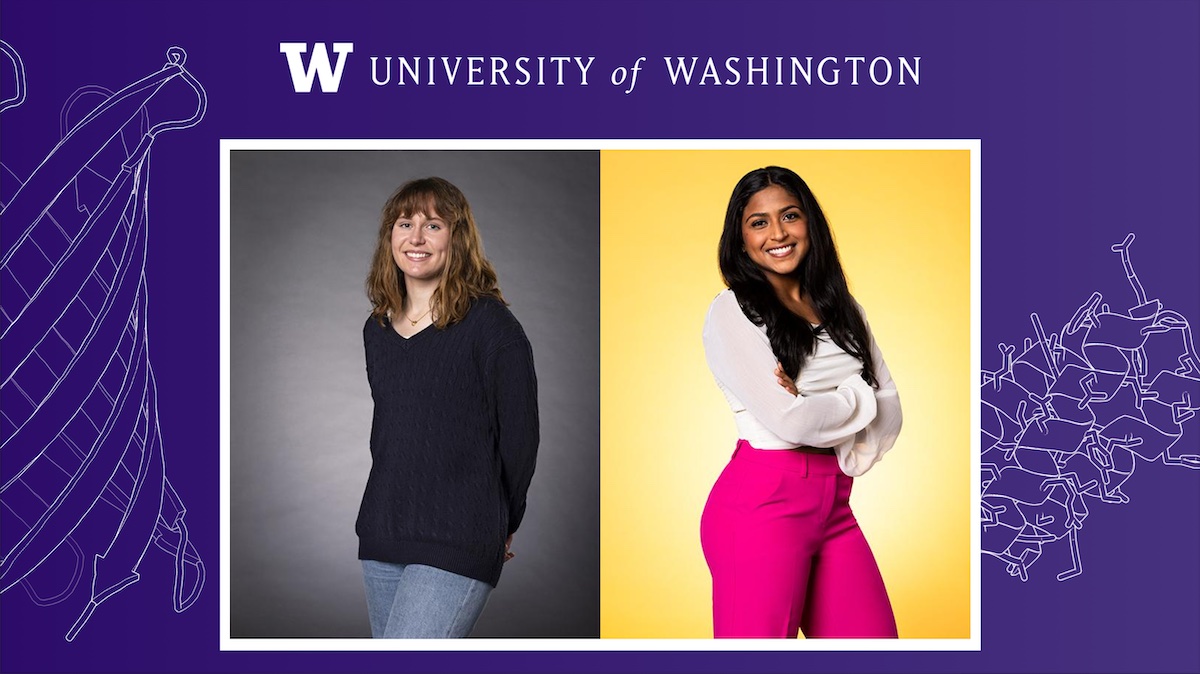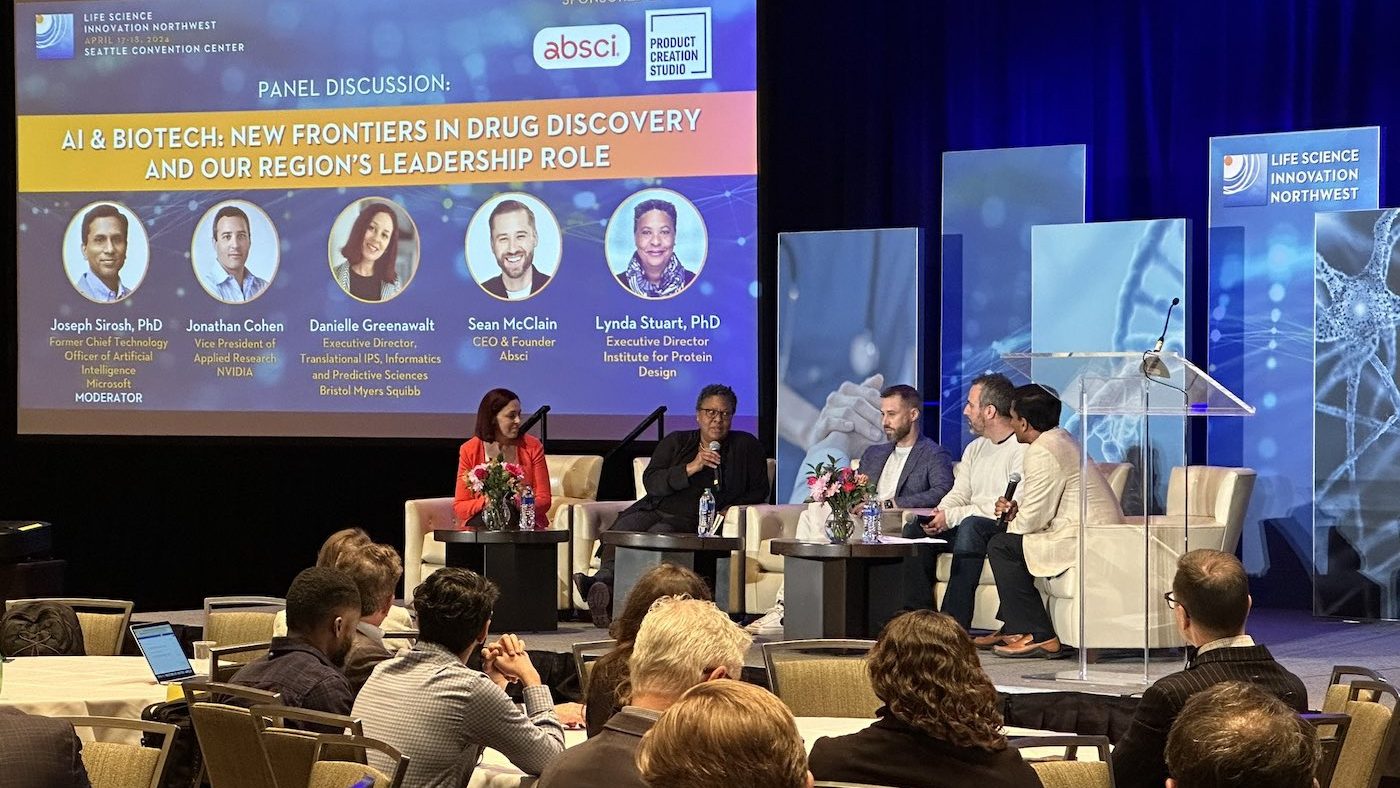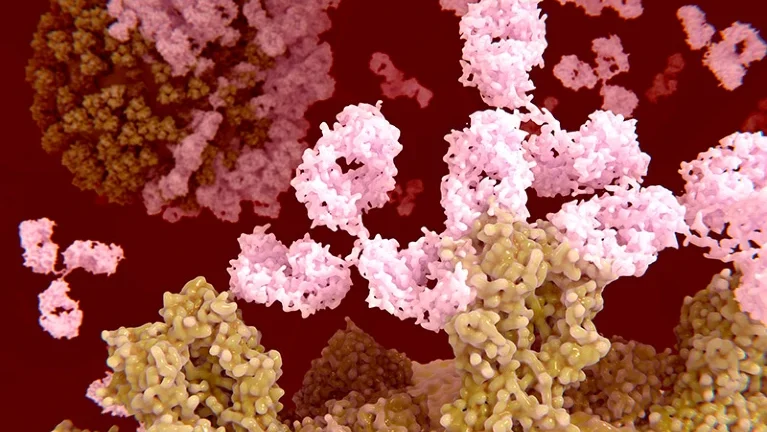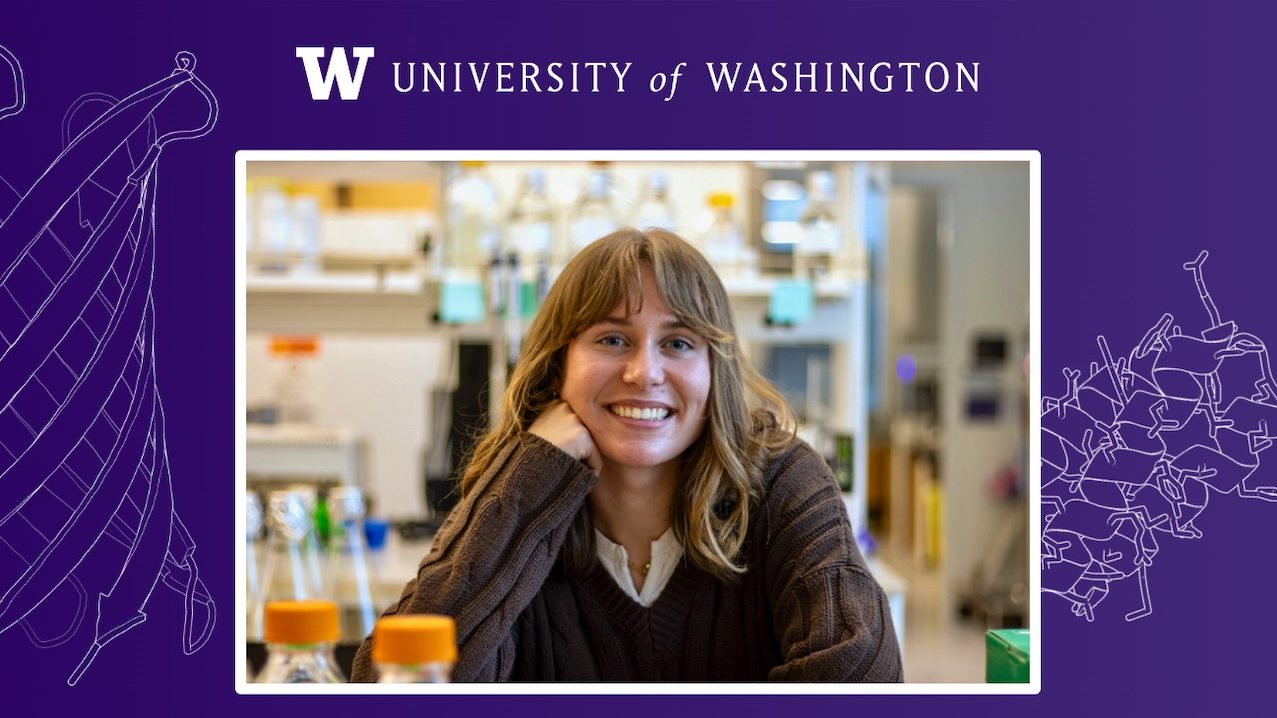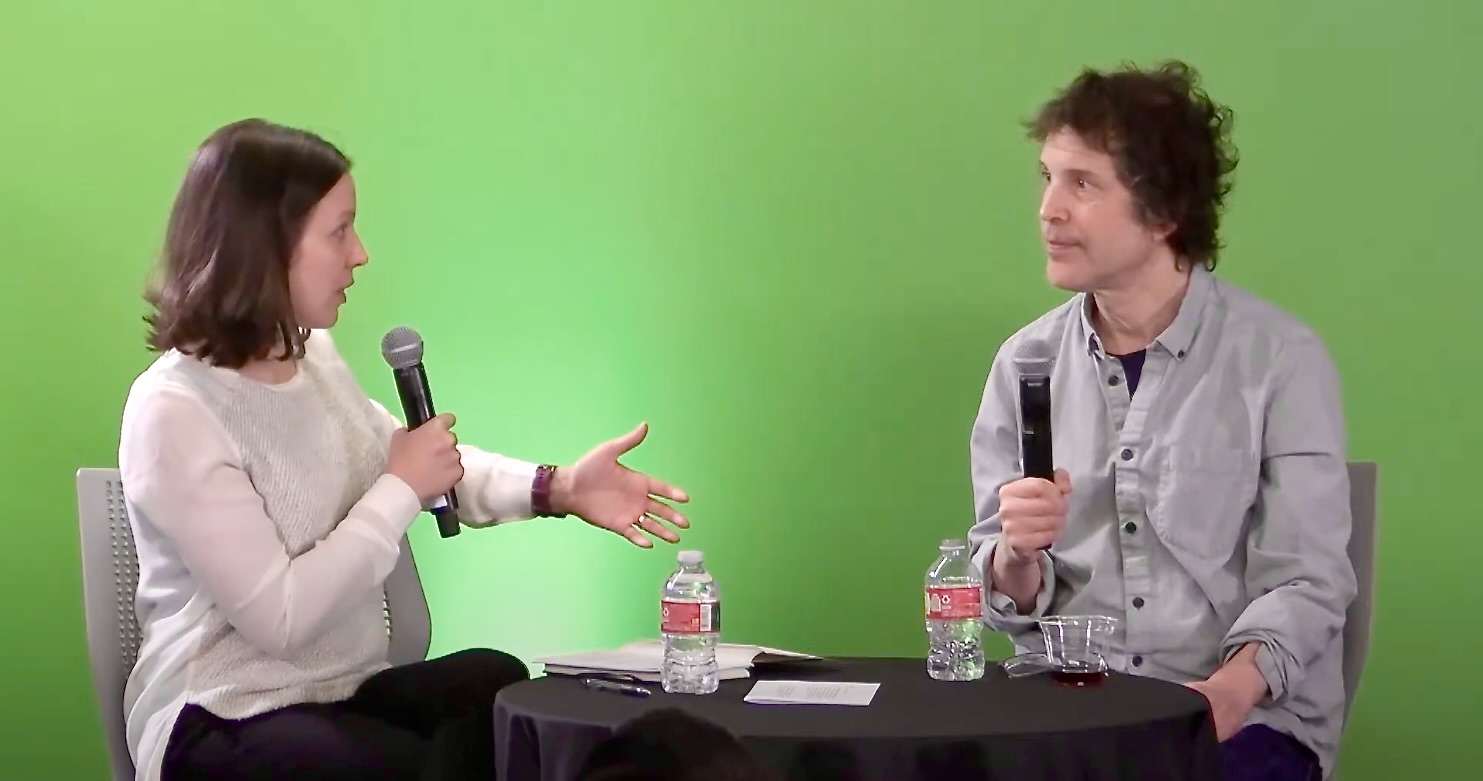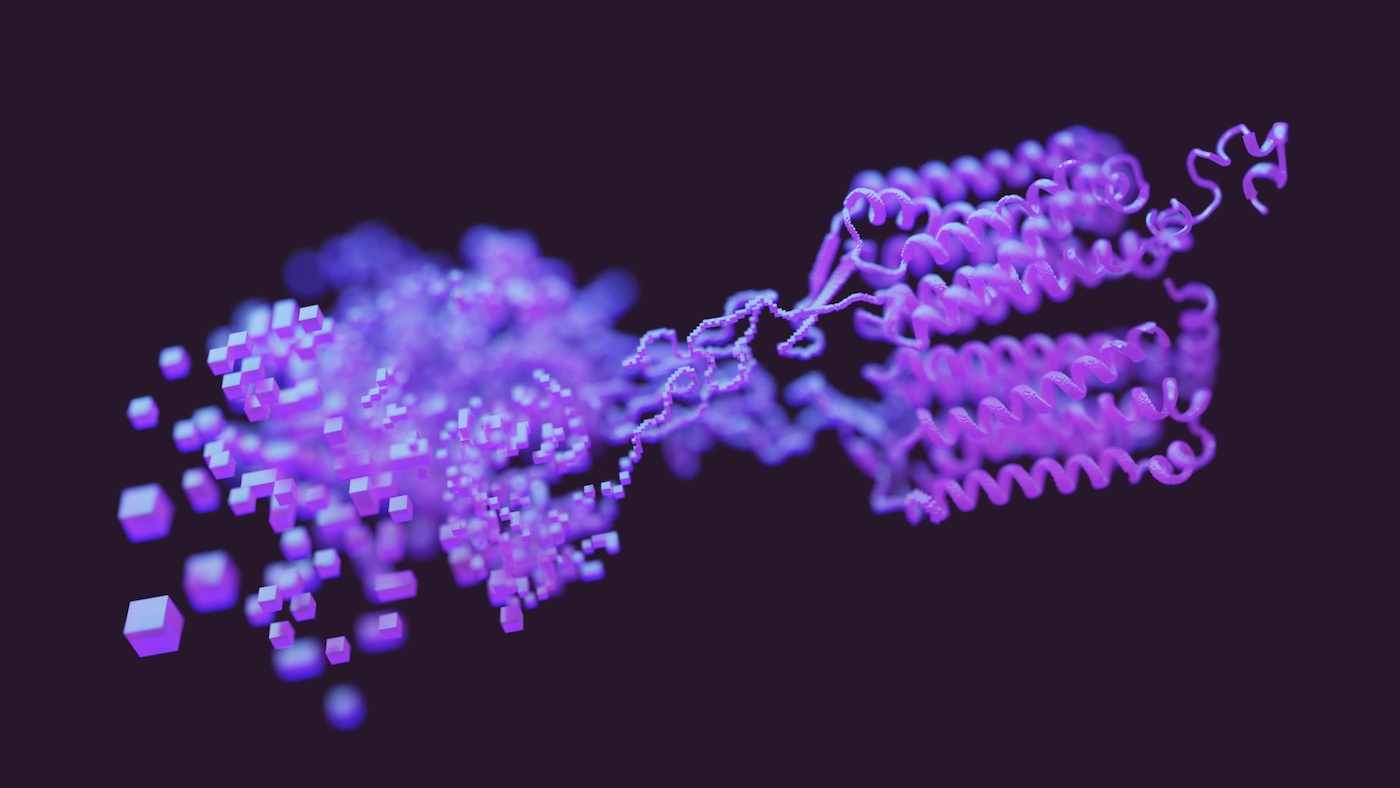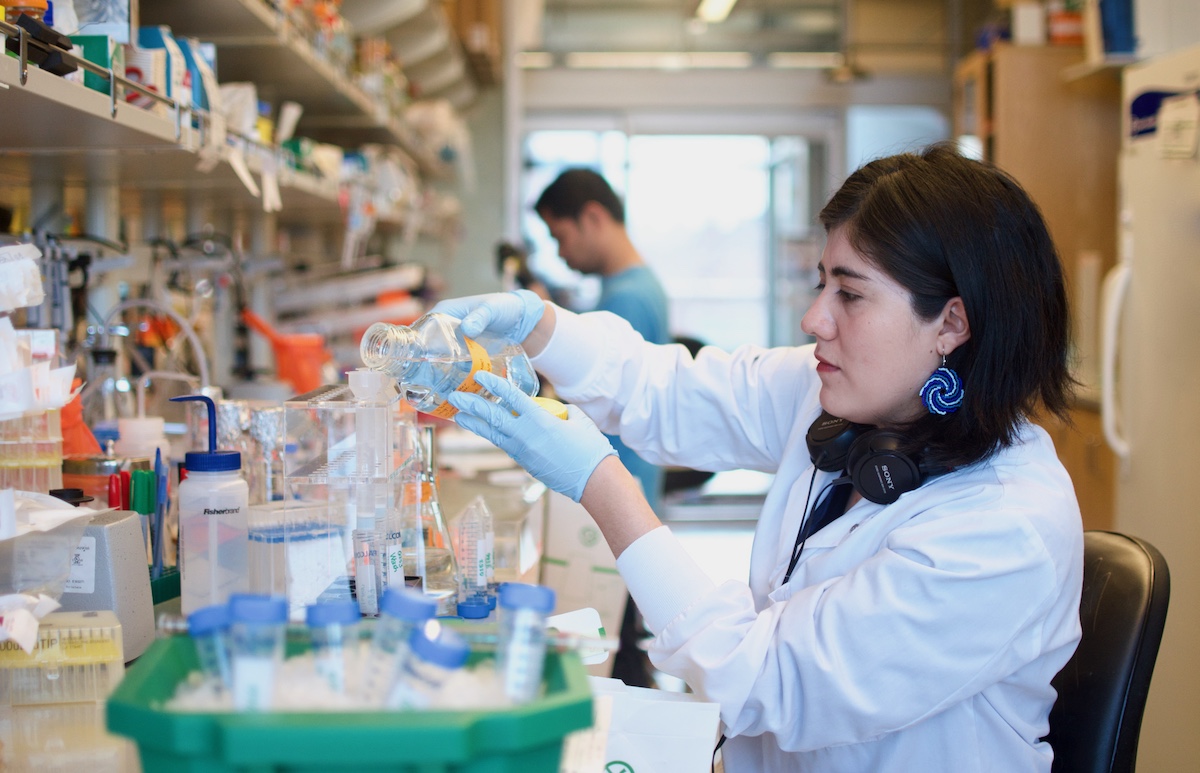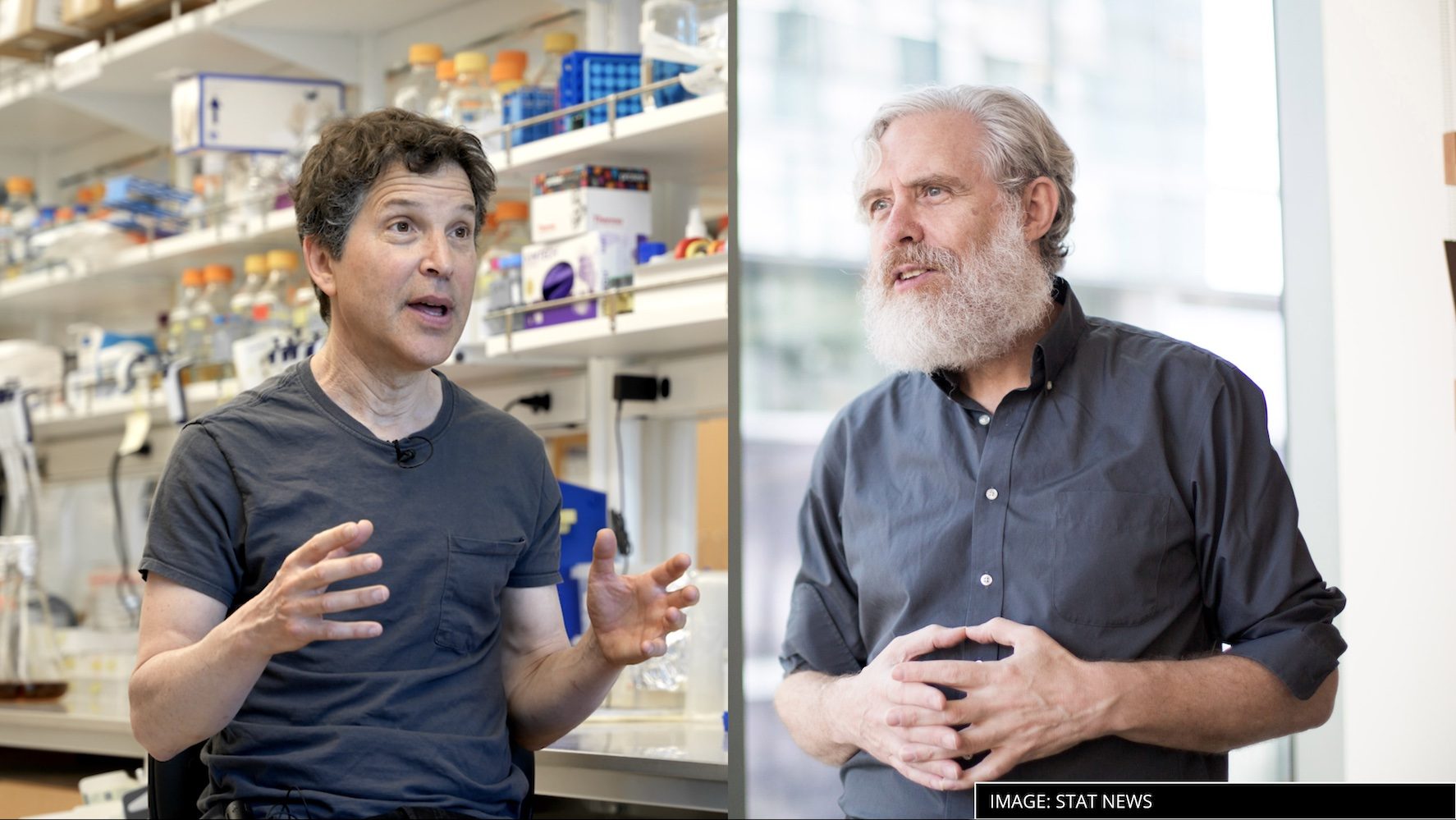Latest posts
-
TIME names David Baker among 100 Most Influential People in health
The list recognizes the people pioneering the world’s most impactful health innovations. TIME writes about Baker’s AI breakthroughs and scientific leadership.
-
Undergrads Abby Burtner and Sneha Subramanian are in the Husky 100
Two of our undergraduate researchers — Abby and Sneha — have been recognized by the University of Washington as leaders and innovators. The Husky 100 includes undergraduate, graduate, and professional students who have founded startups, created artwork, served as mentors, conducted research, and advocated for social justice. In honor of…
-
Lynda Stuart on open science and biotech hubs
“The Pacific Northwest has the compute, it has the biotech, but it also has a kind of culture of collaboration and sharing that is not present in certain other parts of the country.”
-
Nature: “‘A landmark moment’: scientists use AI to design antibodies from scratch”
In a proof-of-concept study, we show that RFdiffusion can be tuned to generate antibodies that bind influenza and other targets.
-
Undergraduate researcher Abigail Burtner receives Churchill Scholarship
Among the most prestigious of all undergraduate honors, the award will cover the full cost of a Master’s degree in pathology at the University of Cambridge.
-
David Baker on AI, open science, and building biotech startups
Our director recently share his thoughts on the impact of AI on life science startups. He spoke with Jenny Cronin, principal at the AI2 Incubator.
-
Our commitment to responsible AI development
To maximize the benefits and minimizing risks of AI for protein design, IPD director David Baker and scores of other senior scientists across 20 countries have signed a community agreement with ten actionable commitments and invited others in the field to join them. The Institute for Protein Design is playing…
-
From AI to anti-venom: Celebrating our women in science
To commemorate the International Day of Women and Girls in Science on February 11, we’re shining a spotlight on some of the extraordinary women we have had the privilege to work with.
-
David Baker and George Church call for enhanced controls on DNA synthesis
To maintain biosecurity in the age of AI, all synthesized DNA sequences should be screened and logged, according to two leading scientists. Such records could be decrypted and scrutinized in the event of a novel biological threat, a practice that may help deter the misuse of biodesign software. David Baker…
-
Nature: “Seven technologies to watch in 2024”
AI-enabled protein design is a technology area you’ll want to keep an eye on, according to Nature. With massive training datasets and ever more sophisticated deep-learning approaches, tools like our own RFdiffusion All-Atom are opening the door to custom enzymes, advanced biomaterials, and more. From Nature: Deep learning for protein…

